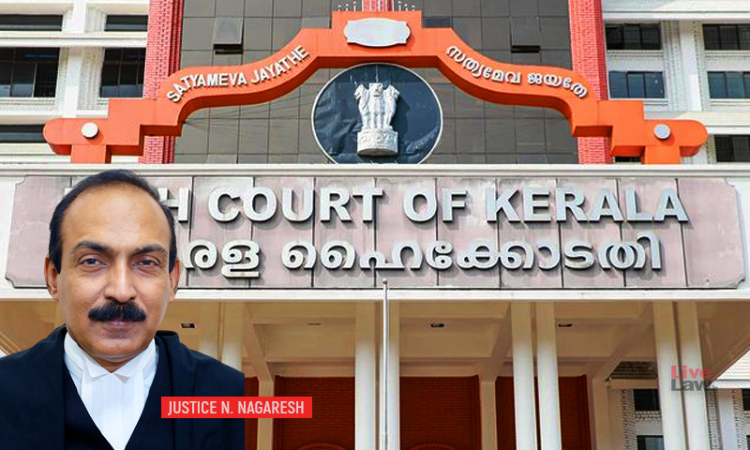Lodha Committee Recommendations On BCCI Reforms Not Applicable To District Cricket Association Elections: Kerala High Court
Navya Benny
5 Nov 2022 9:02 AM IST

Next Story
5 Nov 2022 9:02 AM IST
The Kerala High Court has said that Justice R.M. Lodha Committee recommendations do not apply to the district cricket association elections. Justice N. Nagaresh in a judgement delivered on Monday said the Committee and the apex court in Board of Control for Cricket v. Cricket Association of Bihar and others intended to make reforms in the governance of BCCI and bring the state...
